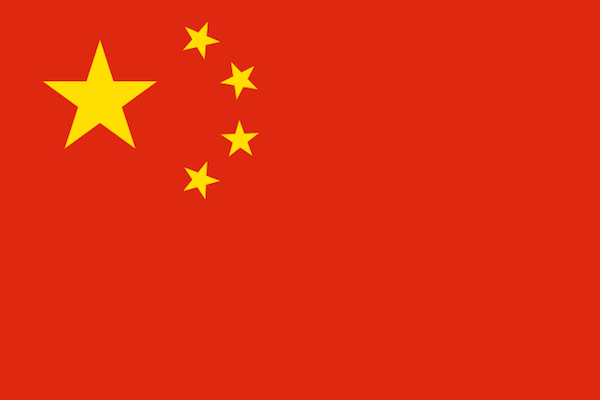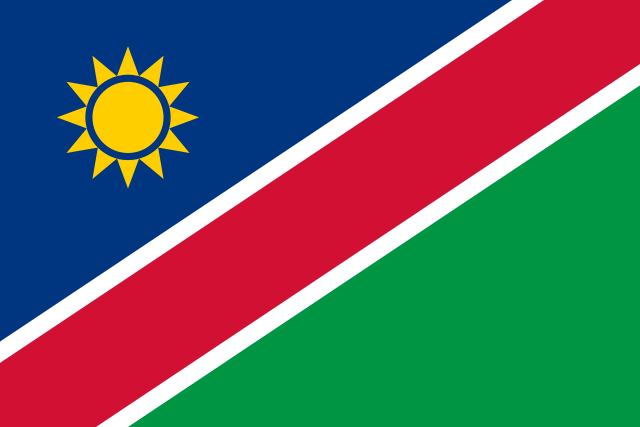President Xi Jinping’s anti-corruption drive inside China’s Communist Party has reached a new peak with the arrest of one of the party’s highest-ranking figures:
China’s leaders said early Saturday that [Zhou Yongkang] the former domestic security chief has been arrested and expelled from the Communist Party over a long list of accusations including accepting bribes and disclosing state secrets.
[…]
Top leaders handed his case over to the courts and announced through state-run media a litany of accusations. Among the allegations: Accepting huge bribes, shifting money to mistresses and relatives, abusing his office for special interests and disclosing state secrets.
If found guilty — as most party officials are in such cases — Zhou would be China’s highest-ranking party leader to be taken down in more than two decades.
[…]
Zhou spent much of the last decade as one of China’s most powerful people, controlling every aspect of the domestic security apparatus and maintaining deep, lucrative ties to China’s oil sector. By targeting him, Xi has broken an unwritten party rule against going after current or former standing committee members.
President Xi has gradually been consolidating power around himself since taking office — in a break from the previous two decades that often veered closer toward rule-by-committee — and moves like this also help purge the party of potential rivals. But the main reason for pursuing such policies is one of self-interest for the Party as a whole: Cleaning up the Chinese Communist Party and making it more responsive and accountable to the population is the easiest way to maintain high enough levels of popular support to stall any push to adopt multi-party rule.
Added: Here’s an interesting pull quote from CCTV English, one of the official state media outlets:
Zhou’s conduct deviated from the Party’s nature and purpose, greatly damaged the Party’s image and caused huge losses for the cause of the Party and the people, the commentary [in Saturday’s People’s Daily] said. “The impacts are extremely bad.”
The resolute decisions of the CPC Central Committee guarded Party discipline and the socialist rule of law, the commentary noted.
“The Party and corruption are like water and fire,” the commentary said. “The Party’s nature and purpose require persistent combat against corruption. Upholding the Party’s leadership and cementing the Party’s [continued rule] also require persistent combat against corruption.”






